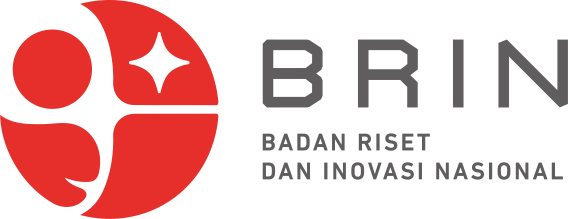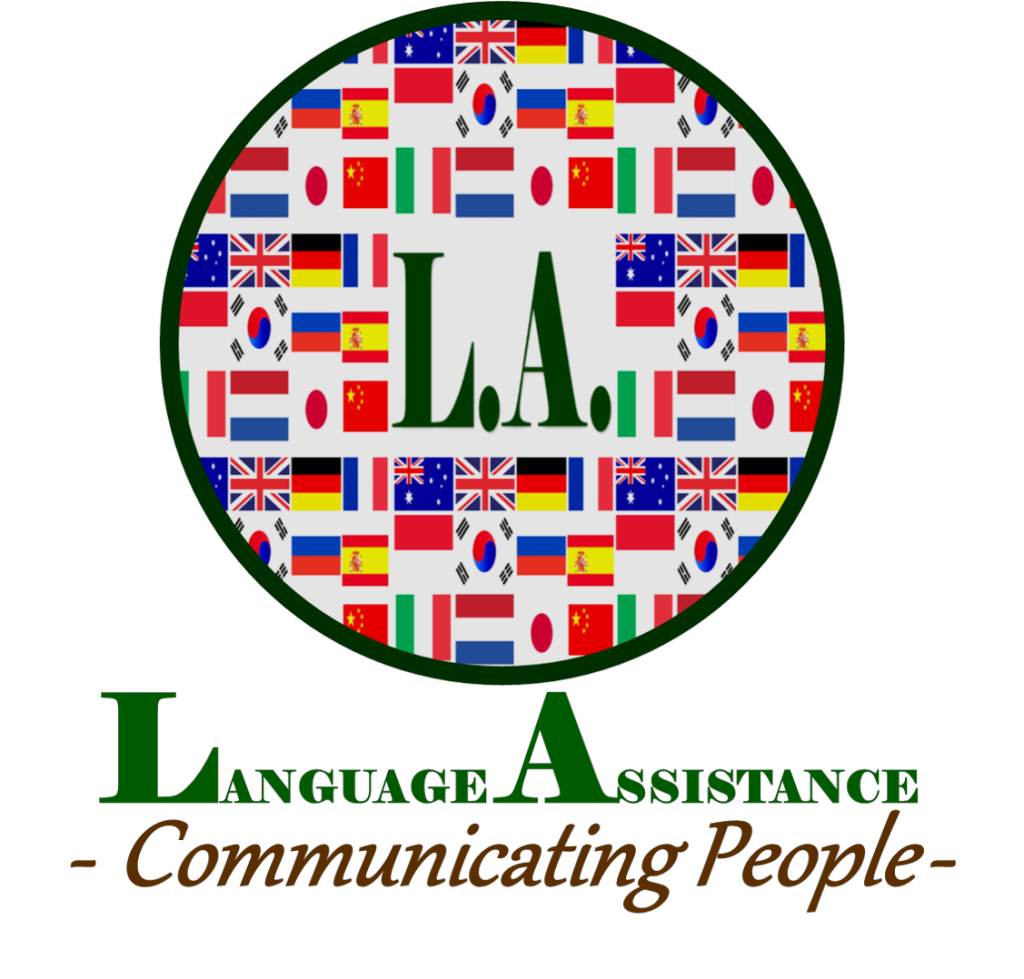The Meaningful Tourism Paradigm – A Tool for Sustainable Tourism Development in Times of Crises and Challenges
DOI:
https://doi.org/10.5281/zenodo.15637694Keywords:
Meaningful Tourism, Sustainable tourism development, Stakeholder engagement, Positive psychology, SMART KPIsAbstract
Downloads
References
Airbnb (ed.) (2021). From Isolation to Connection— Travel in 2021. Travel report 2021, San Francisco: Airbnb
Arlt, W. G. (ed.) (2020). Welcoming the New Chinese Outbound Tourists: Guest relationships with Chinese visitors in the 2020s. Hamburg: COTRI China Outbound Tourism Research Institute
Arlt, W.G. (2022a). Meaningful Tourism Training. Hamburg: MTC
Arlt, W.G. (2022b). Why the world needs Meaningful Travel, PhocusWright. Retrieved from https://www.phocuswire.com/why-the-world-needs-meaningful-tourism
Arlt, W.G., Chun, P. & Duane, B. (2025) Meaningfulness. Kathmandu
Bhuiyan, M.A., Crovella, T., Paiano, A & Alves, H. (2021). A Review of Research on Tourism Industry, Economic Crisis and Mitigation Process of the Loss: Analysis on Pre, During and Post Pandemic Situation. Sustainability. 2021; 13(18):10314
Biermann, F. et al. (2022). Scientific evidence on the political impact of the Sustainable Development Goals. Nature Sustainability, published June 20, 2022
Binkhorst, E. & Den Dekker, T. (2009). Agenda for co-creation tourism experience research. Journal of Hospitality Marketing & Management 18 (2-3) 311-327
Bouskill, D., Corbeil, D. (2002). Planet D. Retrieved from https://theplanetd.com/
Chiambaretto, P., Mayenc, E., Chappert, H., Engsig, J., Fernandez, A.S., Le Roy, F. (2021). Where does flygskam come from? The role of citizens’ lack of knowledge of the environmental impact of air transport in explaining the development of flight shame. Journal of Air Transport Management, Volume 93, June 2021
Conely, C. (2022). 5 Ways to Promote Sustainable Travel: a Guide for the Small DMO. Retrieved from https://crowdriff.com/resources/home/5-ways-promote-sustainable-travel-small-dmo
COTRI Analytics (2022). Global Tourism Database
Crane, H. (2013): How can we secure sustainable jobs for the most disadvantaged? In: The Guardian. Retrieved from https://www.theguardian.com/public-leaders-network/2013/oct/11/sustainable-jobs-disadvantaged
D’Eramo, M. (2021). The World in a Selfie - An Inquiry into the Tourist Age. Verso (2021)
European Travel Commission (2022). Sustainable Travel in an Era of Disruption: Impact of COVID-19 on Sustainable Tourism Attitudes. Retrieved from https://etc-corporate.org/reports/sustainable-travel-in-an-era-of-disruption-impact-of-covid-19-on-sustainable-tourism-attitudes/
Filep, S., Laing, S. J. & Csikszentmihalyi, M. (2017) (eds.). Positive Tourism. Abingdon: Routledge.
Filep, S., & Laing, S. J. (2019). Trends and directions in tourism and positive psychology. Journal of Travel Research, 58(3), 343–354.
Fletcher, R, Mas, I.M., Blanco-Romero, A. & Blazquez-Salom, M. (2019). Tourism and degrowth: An emerging agenda for research and praxis. Journal of Sustainable Tourism (27) 12. 1745-1763
Goodwin, H. (2011). Taking Responsibility for Tourism. Oxford: Goodfellow Publishers.
González, K. & Hubbard, R. (2022). Meaningful travel experiences. Retrieved from https://innovationsoftheworld.com/meaningful-travel-experiences/
Heritage Tribune, (2022): Palma to limit cruise ships to protect itself from Overtourism. Retrieved from https://heritagetribune.eu/spain/palma-to-limit-cruise-ships-to-protect-itself-from-overtourism/
Inskeep, E. (1991). Tourism Planning: an Integrated and Sustainable Development Approach. New York: John Wiley & Sons
Kaspar, C., (1973). Fremdenverkehrsökologie - eine neue Dimension der Fremdenverkehrslehre. (Engl: Tourism ecology - A new dimension of tourism science). In: Walter, E. (Ed.), Festschrift zur Vollendung des 65. Lebensjahres von P. Bernecker, Haupt: Wien, 139-143
Kirchherr, J. (2022). Bullshit in the Sustainability and Transitions Literature: a Provocation. Circular Economy and Sustainability. Open access, published May 20, 2022
Krippendorf, J. (1984). Die Ferienmenschen. Für ein neues Verständnis von Freizeit und Reisen. Zürich: Orell Füssli
Kühnen, M., Silva, S. & Hahn, R. (2022). From negative to positive sustainability performance measurement and assessment? A qualitative inquiry drawing on framing effects theory. Business Strategy and the Environment. Open access, published January 8, 2002
Kwok, L., (2021). What if Labor Shortage Is a Long-Term Threat to the Hospitality and Tourism Industry? Retrieved from https://www.hospitalitynet.org/opinion/4106680.html
Lichtenthaler, U. (2021), "Why being sustainable is not enough: embracing a net positive impact", Journal of Business Strategy, article publication date: 21 December 2021.
Mccreesh, M. (2022). Where adventure travel in Taiwan begins. Retrieved from https://originwild.com.tw/
Persson-Fischer U., Liu, S. (2021) The Impact of a Global Crisis on Areas and Topics of Tourism Research. Sustainability. 13(2):906
Pine, B.J. (2026), Transformation economy, Harvard Business Press, Boston
Pollock, A., (2022). A higher purpose. Retrieved from http://www.conscious.travel/
Robbins, T. (2021): Why we travel — and why we shouldn’t stop. Financial Times May 21, 2021 Retrieved from https://www.ft.com/content/fd66019e-d960-4187-968f-ca2206081f30
Seligman, M.E. (2012). Flourish: A visionary new understanding of happiness and well-being. New York: Simon and Schuster
Seligman, M.E. and Csikszentmihalyi, M. (2014). Positive psychology: An introduction”, Flow and the foundations of positive psychology. Dordrecht, Springer pp. 279–298
Singh, T.V., Butler, R. & Fennell, D.A. (Eds.) (2022): Tourism as a Pathway to Hope and Happiness. Channel View, Bristol
Sorensen, F., Grindsted, Th. (2021). Sustainability approaches and nature tourism development. Annals of Tourism Research 91
Tollman, G. (2023) Travel at a crossroads – There’s no turning back. Retrieved from https://www.travelpulse.com/news/impacting-travel/venice-postpones-tourist-entry-fees-until-2023.html
UN (2022). WMO warns of frequent heatwaves in decades ahead. Retrieved from https://news.un.org/en/story/2022/07/1122822
UN, (2025). Progress Towards the Sustainable Development Goals Report. Retrieved from: https://hlpf.un.org/sites/default/files/2025-05/SG%20SDG%20Progress%20Report%2029%20Apr%202025.pdf
UNEP, (2022). Transforming tourism in the Pan-European region for a resilient and sustainable post-COVID world. Paris: UNEP
UNWTO, (2020). UNWTO World Tourism Barometer. Vol. 18, Issue 3, June 2020. Retrieved from https://www.e-unwto.org/doi/epdf/10.18111/wtobarometereng.2020.18.1.3
UNWTO (2021): International tourism growth continues to outpace the economy. Retrieved from https://www.unwto.org/international-tourism-growth-continues-to-outpace-the-economy
WCED (1987). Report of the World Commission on Environment and Development: Our Common Future. United Nations General Assembly document A/42/427. New York: UN
Downloads
Published
Issue
Section
License
Copyright (c) 2025 Arlt, Wolfgang Georg (Author)

This work is licensed under a Creative Commons Attribution 4.0 International License.


















